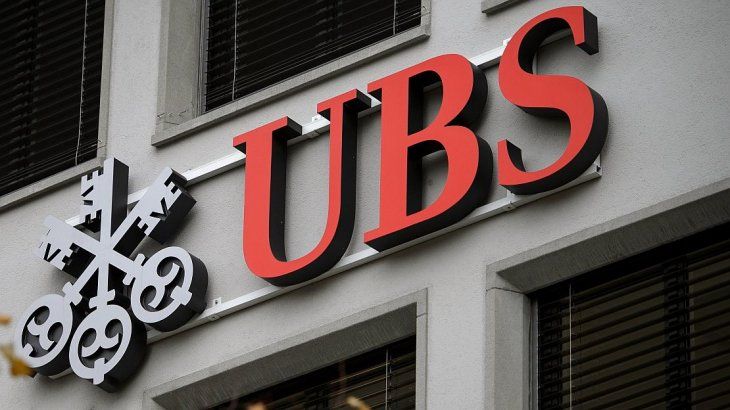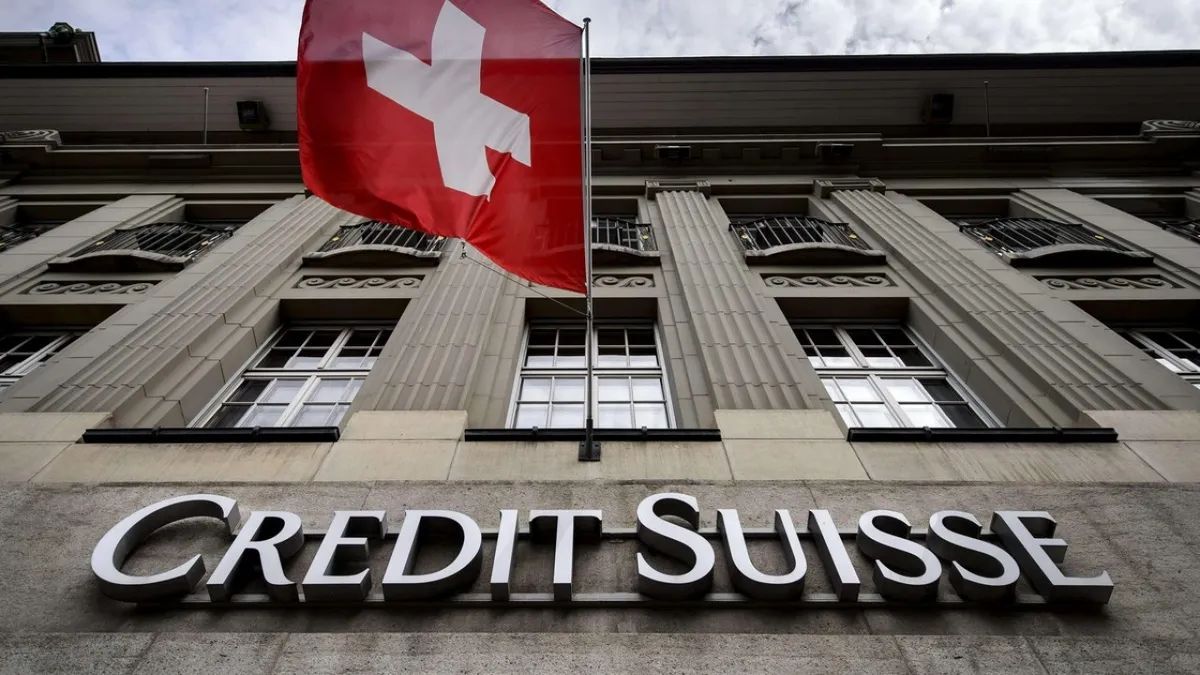UBS Group AG offered to buy Credit Suisse for up to $1 billion and the Swiss government plans to change the country’s laws to avoid a shareholder vote on the transaction, the Financial Times reported on Sunday.
Authorities rushed to bail out the 167-year-old bank, one of the world’s largest wealth managers, before financial markets reopened on Monday. The failure of Credit Suisse, one of the world’s 30 systemically important banks, would have repercussions throughout the financial system. The FT reported that the full share deal could be signed as early as Sunday.
Citing people familiar with the matter, he said the offer was made Sunday morning at 0.25 Swiss francs ($0.27) per Credit Suisse share.well below Friday’s closing price of 1.86 Swiss francs and virtually wiping out the bank’s current shareholders.
UBS has also insisted on a “material adverse change” that voids the deal should its credit default spreads rise 100 basis points or more, the report added. However, it was indicated that the situation is evolving rapidly and there are no guarantees that the same conditions will be maintained or that an agreement will be reached.
A person with knowledge of the talks previously told Reuters that UBS was seeking $6 billion from the Swiss government as part of a possible buyout of its rival. The guarantees UBS is seeking would cover the cost of liquidating parts of Credit Suisse and potential litigation, two people told Reuters.
INTER – CREDIT-SUISSE-_opt.jpeg
A source previously warned that the talks were running into major roadblocks and that 10,000 jobs may have to be cut if the two banks combine. The Swiss Association of Bank Employees called on Sunday for the immediate creation of a working group to deal with the risk to jobs.
Frantic weekend negotiations over Credit Suisse’s future follow a brutal week for bank stocks and efforts in Europe and the United States to prop up the sector following the failure of US lenders Silicon Valley Bank (SVB) and Signature Bank .
President Joe Biden’s government moved to support consumer deposits, while the Swiss central bank lent Credit Suisse billions to stabilize its wobbly balance sheet. UBS was being pressured by the Swiss authorities to take over its local rival in order to control the crisisaccording to two people familiar with the matter.
The plan could see the spin-off of Credit Suisse’s Swiss business, while Bloomberg said takeover talks cast doubt on plans to spin off its investment bank under the First Boston brand.
Negotiations to avoid a greater evil
US officials are working with their Swiss counterparts to help broker a deal, Bloomberg reported, while Sky News said the Bank of England told its international counterparts and UBS that it would support a proposed takeover of Credit Suisse, which has UK United a key market.
Credit Suisse shares have lost a quarter of their value in the past week. The bank has been forced to draw on $54 billion of central bank financing as it tries to recover from a series of scandals that have undermined investor and customer confidence.
“The Last Days of Credit Suisseproclaimed the front page of the Swiss daily NZZ am Sonntag over an illustration of the bank’s headquarters in flames.
The collapse of the SVB highlighted how a relentless campaign of interest rate hikes by the Federal Reserve and other central banks – including the European Central Bank on Thursday – is putting pressure on the banking sector.
Bank stocks around the world took a hit and the S&P Banks Index plunged 22% in its biggest loss in two weeks since the pandemic rocked markets in March 2020.
In recent days, US banks have asked the Fed for a record $153 billion in emergency liquidity and big lenders have thrown a $30 billion lifeline to smaller lender First Republic.
ubs.jpg

First Citizens BancShares is evaluating a bid for SVB along with at least one other suitor, while America’s Coalition of Midsize Banks has called on regulators to extend federal insurance to all deposits over the next two years, Bloomberg reported.
In Washington, attention has turned to increased oversight to ensure banks and their executives are held accountable, and Biden has called on Congress to give regulators greater power over the sector.
The rapid and dramatic developments may mean big banks getting bigger, small banks struggling to keep up and more regional lenders closing.
“People are moving their money around, all these banks are going to look fundamentally different in three to six months,” said Keith Noreika, vice president of Patomak Global Partners.
Source: Ambito
I am a 24-year-old writer and journalist who has been working in the news industry for the past two years. I write primarily about market news, so if you’re looking for insights into what’s going on in the stock market or economic indicators, you’ve come to the right place. I also dabble in writing articles on lifestyle trends and pop culture news.




